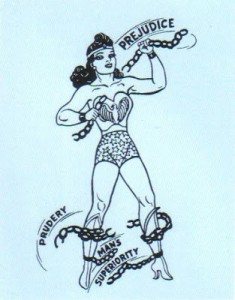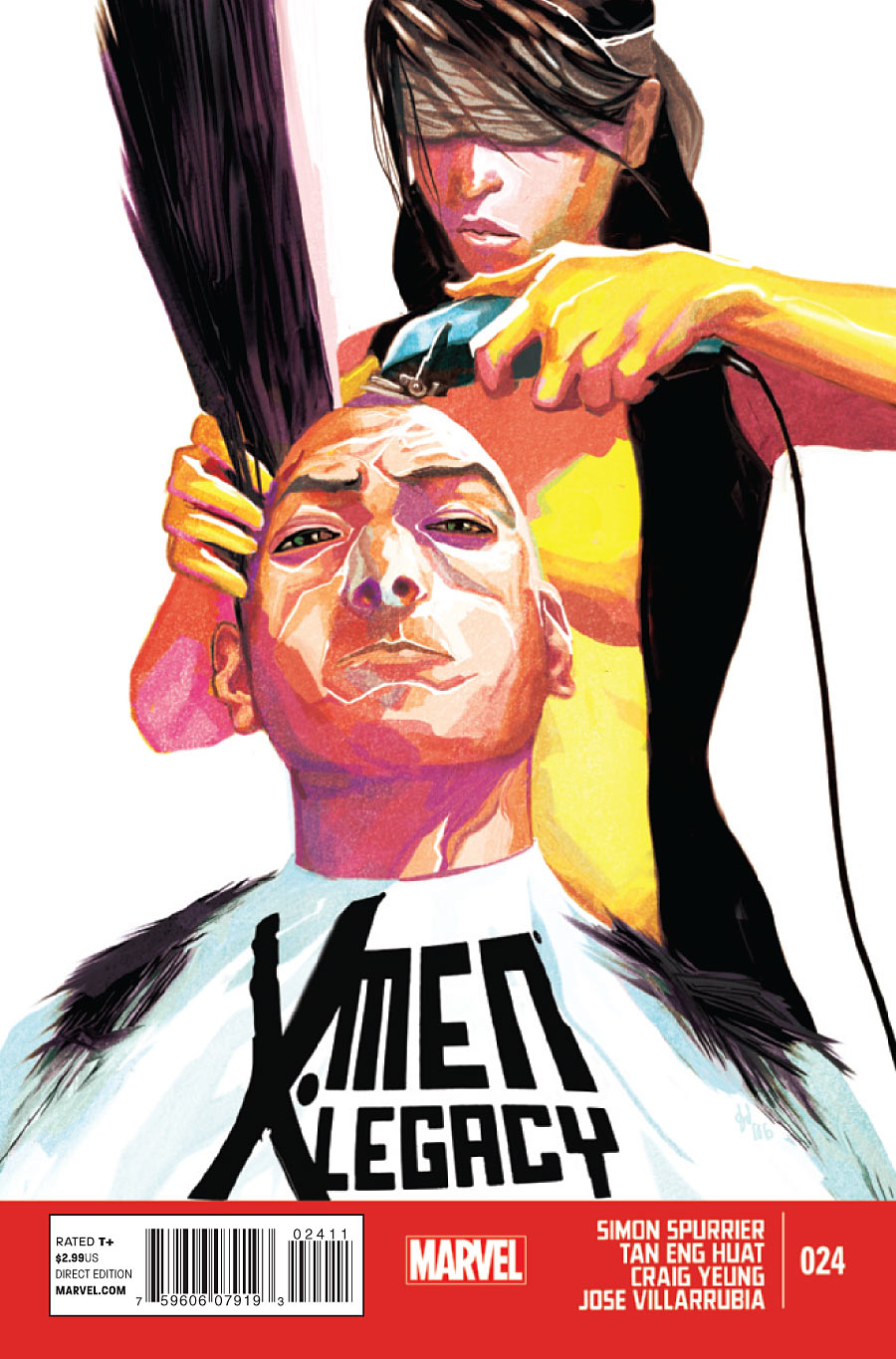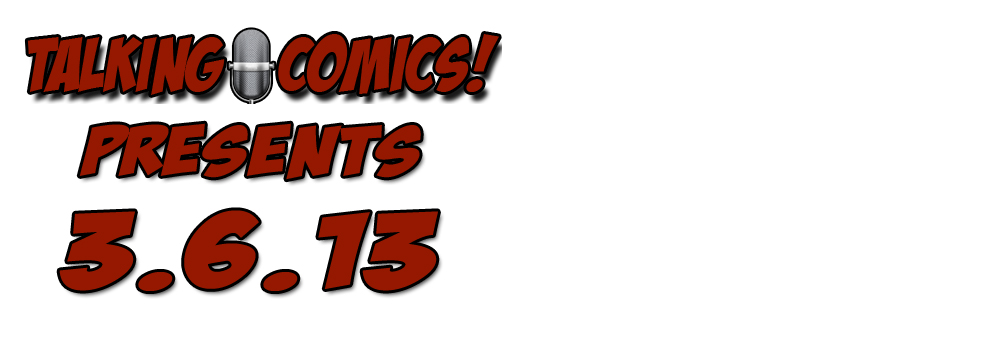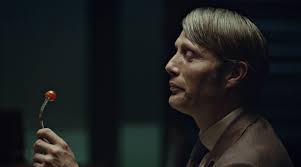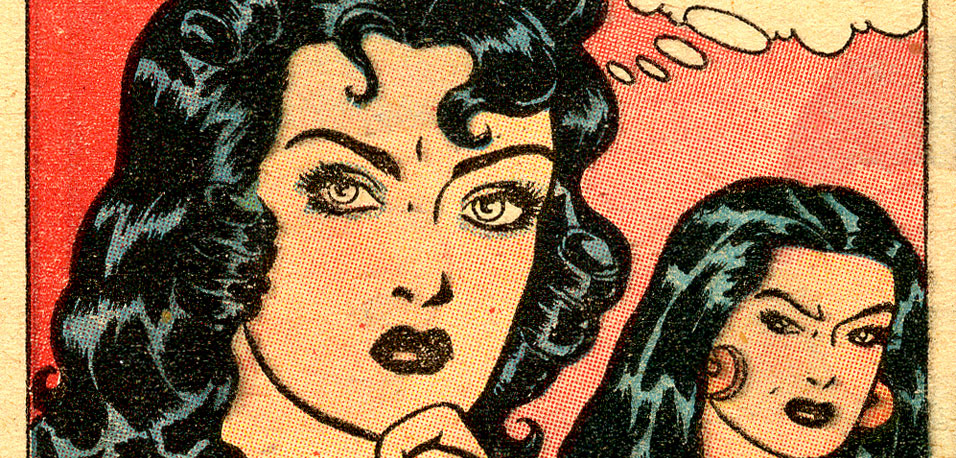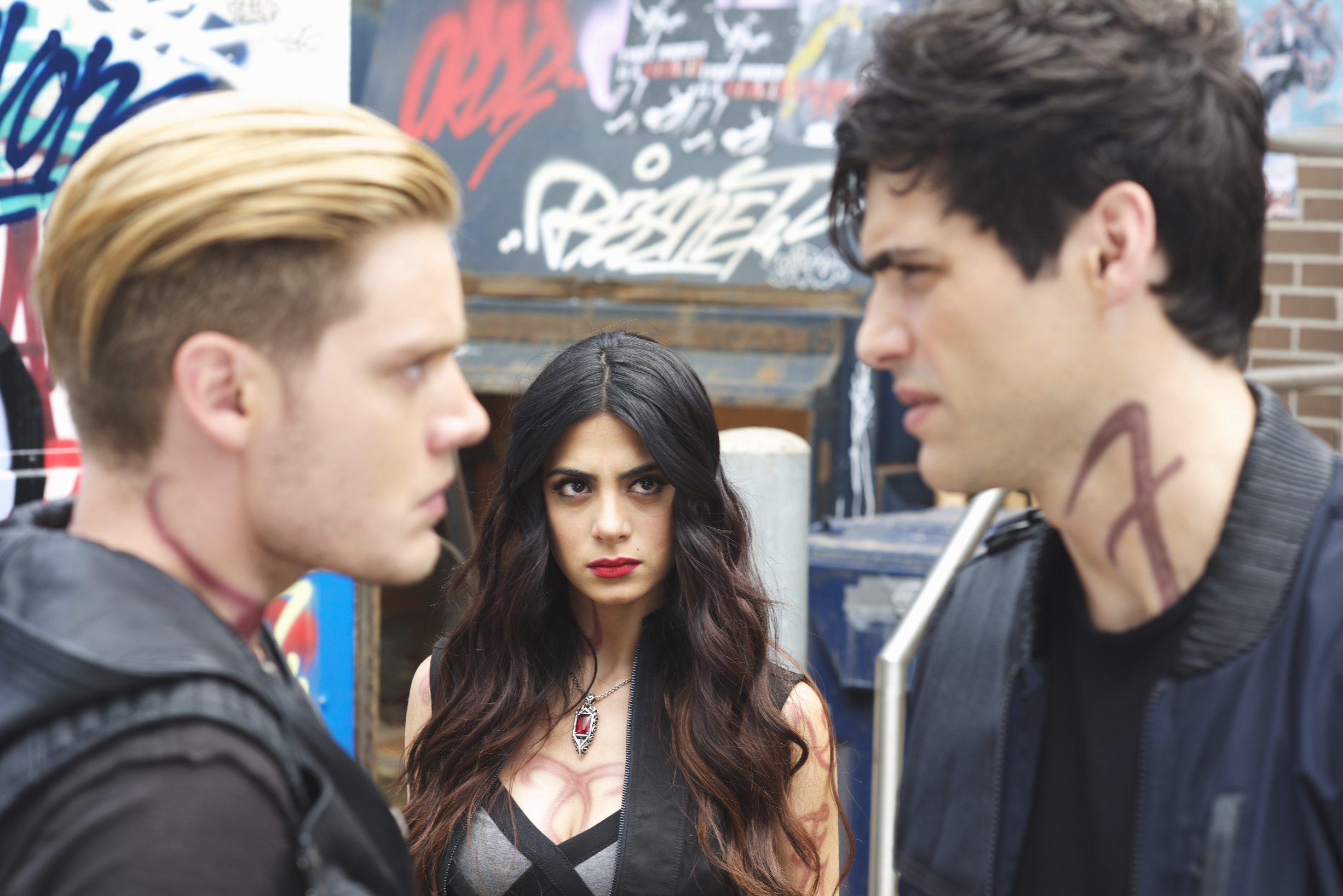It’s the morning of January 21st as I type this, and although my old bones are a little creaky today, the cause was something special. It was an honor to participate in the Women’s March in New York City yesterday, walking alongside Professor Carolyn Cocca, her family (daughter Anna, husband Steve, son Theo) and friends, as part of a crowd estimated by the Mayor’s Office at 200,000 strong! I’ll have another piece up soon that talks more about this uplifting event and how it relates to the current state of the comics industry. In the meantime, I thought that this older piece would be a nice table-setter. rrr)

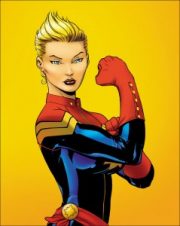
Feminist:
Adjective: Advocating social, political, legal, and economic rights for women equal to those of men.
Noun: A supporter of those rights
“Feminist?” “Yes!”
An open letter by Bob Reyer
Gentle Readers,
In the wake of some recent controversies, I’ve had some fascinating (though here-and-there heated) conversations on topics regarding gender issues and how they relate to comic books, as well as receiving some up-lifting messages describing how through our humble efforts here at Talking Comics we’ve provided new insights into troublesome areas, allowing people to see how certain images and story elements are hurtful to some groups or individuals, as well as to the industry as a whole. I cannot begin to describe how proud this makes us, and although I’m sure that Mara and Maria, your stewards on this journey, will have much to say on these topics as this column continues, I’m here today to answer a question that has come up more than a few times of late, and that was “How is it that you’re a feminist?”
As with most of our belief systems, the seeds of them are sown during our upbringing, and in my case, it was through parents 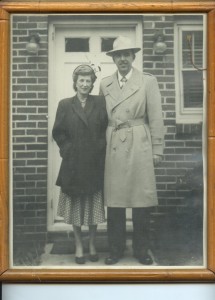 whose own lives had allowed them to see the world as a place where everyone had a right to the pursuit of happiness, regardless of race, gender, or creed, and considered it vital that I was brought up to feel similarly. My Dad was born of immigrant parents in 1913, and raised in New York City’s Harlem by a working single mother who lost her husband far too soon. Through my Dad’s life experience as a boy who was working at twelve years-of-age, as well as being part of a “minority”, as he was one of but a few white children in his neighborhood and school, I learned the value of taking everyone on their own merits, and not on the opinions of others. My Mom was born in Manhattan, but brought up in the then very rural Long Island town of Huntington as the oldest of four children, who was often as much parent to her siblings as sister, but still carved out the time to be the MVP of her Central High basketball team, although only 5’1″ tall. Soon after their marriage, my father was drafted into the U.S. Army Air Force, and whilst my Dad was in the service, and despite her business college degree, my Mom was a “Rosie the Riveter”, working in a machine shop for the years he was away. I have my mother’s micrometer from those times, and it sits on my table as I type these words, a physical reminder of her belief that there shouldn’t be boundaries for women, and that opportunities in all fields of endeavor should be open to all.
whose own lives had allowed them to see the world as a place where everyone had a right to the pursuit of happiness, regardless of race, gender, or creed, and considered it vital that I was brought up to feel similarly. My Dad was born of immigrant parents in 1913, and raised in New York City’s Harlem by a working single mother who lost her husband far too soon. Through my Dad’s life experience as a boy who was working at twelve years-of-age, as well as being part of a “minority”, as he was one of but a few white children in his neighborhood and school, I learned the value of taking everyone on their own merits, and not on the opinions of others. My Mom was born in Manhattan, but brought up in the then very rural Long Island town of Huntington as the oldest of four children, who was often as much parent to her siblings as sister, but still carved out the time to be the MVP of her Central High basketball team, although only 5’1″ tall. Soon after their marriage, my father was drafted into the U.S. Army Air Force, and whilst my Dad was in the service, and despite her business college degree, my Mom was a “Rosie the Riveter”, working in a machine shop for the years he was away. I have my mother’s micrometer from those times, and it sits on my table as I type these words, a physical reminder of her belief that there shouldn’t be boundaries for women, and that opportunities in all fields of endeavor should be open to all.
As do most of us, my parents were probably growing more conservative as they aged, but during the Sixties, the “perfect storm” of the struggle for Civil Rights, the horrors of the Vietnam War, and the growing Feminist movement drew them back into the fold as Roosevelt liberals. I can recall many conversations regarding the importance of seeing how past injustices and un-equal treatment shaped the world we live in, and further, how important it was to understand how those inequities affected the individual, and the importance of addressing those problems in a positive way. Their empathetic outlook, certainly honed by living through the Great Depression, forged in me the notion that everyone deserves a fair shake, and even if that isn’t as attainable a goal as we’d wish, it was worth striving for, not only on the larger social scale, but also on the inter-personal level.
This “looking out for the little guy” attitude would manifest itself in my comic book reading 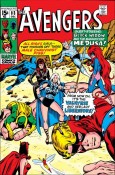 as I was drawn to characters who were outside the norm (Ben Grimm, X-Men, Metamorpho, Doom Patrol), or those who spear-headed the fight to give voice and power to those without either, such as Captain America and Superman, particularly the George Reeves TV show. In that era, although I enjoyed the adventures of the few super-heroines of depth such as Sue Storm, it was through reading Avengers #83 , a story that featured the first appearance of The Valkyrie and her newly-assembled team of Lady Liberators (The Wasp, Scarlet Witch, Black Widow, Medusa) that I had my first inkling of what a powerful concept the idea of a “super” woman could be, which began my more active interest in female characters.
as I was drawn to characters who were outside the norm (Ben Grimm, X-Men, Metamorpho, Doom Patrol), or those who spear-headed the fight to give voice and power to those without either, such as Captain America and Superman, particularly the George Reeves TV show. In that era, although I enjoyed the adventures of the few super-heroines of depth such as Sue Storm, it was through reading Avengers #83 , a story that featured the first appearance of The Valkyrie and her newly-assembled team of Lady Liberators (The Wasp, Scarlet Witch, Black Widow, Medusa) that I had my first inkling of what a powerful concept the idea of a “super” woman could be, which began my more active interest in female characters.
Although I had been reading the solo Wonder Woman books, they were either the “romance comics” of writer/editor Robert Kanigher or the de-powered Denny O’Neil version, so the publication in 1972 of Wonder Woman: A Ms. Book , 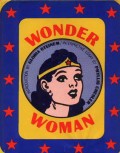 which reprinted 1940s Marston/Peter stories, was a revelation! Selected and arranged by feminists Gloria Steinem and Phyllis Chesler into themes of “Origins”, “Sisterhood”, “Politics”, and “Romance”, and featuring introductory essays by both ladies giving them larger perspective and modern context, I was captivated by reading of an Amazon Princess whose focus was much unlike the one I knew. Not only did this book change my thoughts about Wonder Woman as a character, but it helped to reinforce my broader views on women and the struggles they face to be thought of and treated equally in all aspects of our society.
which reprinted 1940s Marston/Peter stories, was a revelation! Selected and arranged by feminists Gloria Steinem and Phyllis Chesler into themes of “Origins”, “Sisterhood”, “Politics”, and “Romance”, and featuring introductory essays by both ladies giving them larger perspective and modern context, I was captivated by reading of an Amazon Princess whose focus was much unlike the one I knew. Not only did this book change my thoughts about Wonder Woman as a character, but it helped to reinforce my broader views on women and the struggles they face to be thought of and treated equally in all aspects of our society.
This background shapes my thoughts regarding what I feel are the dual problems of under-representation and respectful presentation of women in the comics landscape; so for me, while I have no problem with villainous, sexy or outright heinous female characters such as Catwoman, the “bad spy” Black Widow or the Thunder Agents’ Iron Maiden, my litmus test for objectification will be #1, is this necessary for the plot, and #2, even if so, does it cross the line to where I wouldn’t want my daughter, wife, or mother portrayed in this way? Additionally, as the comics industry tries to address decades of poor choices in these regards, I feel that I must be gently aggressive towards championing the need for greater involvement by women as creators (sometimes to the point of over-compensation to rectify past grievances), and it’s certainly made me very sensitive to the plight of those women and men attacked for simply speaking out on these thorny issues.
There are many more things in both our comics realm and the larger world that unite women and men, black and white, middle-class and poor, than divide them, and if we let those with the most strident voices create those immaterial divisions between us, we have little chance of understanding the concerns of others, and an even-smaller chance of coming together to solve the problems that trouble us. An apt allegory might be this: it is very difficult to keep a row-boat on a straight and steady course whilst only using one paddle; if however, there is someone next to you with a second oar, you can get to your destination together through a joint and shared effort.
So, back to the theme of this open letter; if believing that women and men should be treated equally and afforded like opportunities cause me to be questioned “Are you a feminist?”, “Yes, I am!” seems to me the only reasonable answer for not only myself, but for everyone, regardless of gender, who gives more than a cursory thought to the actual definition of the term shorn of its charged reputation, and it’s a brand whose mark I carry proudly.
Obediently yours,
Bob Reyer
ps) I’m not a believer in astrology, but I do share a birthday with feminist icon and Ms. Magazine co-founder Gloria Steinem!
pps) Although I can’t put my hands on all my notes, according to what seems to be nearly all of them, during my tenure on Talking Comics I’ve spot-lighted over 500 comic book issues, and to-date, the percentage breakdown shows that 47.73% were female-led, and 52.26% male. rrr


